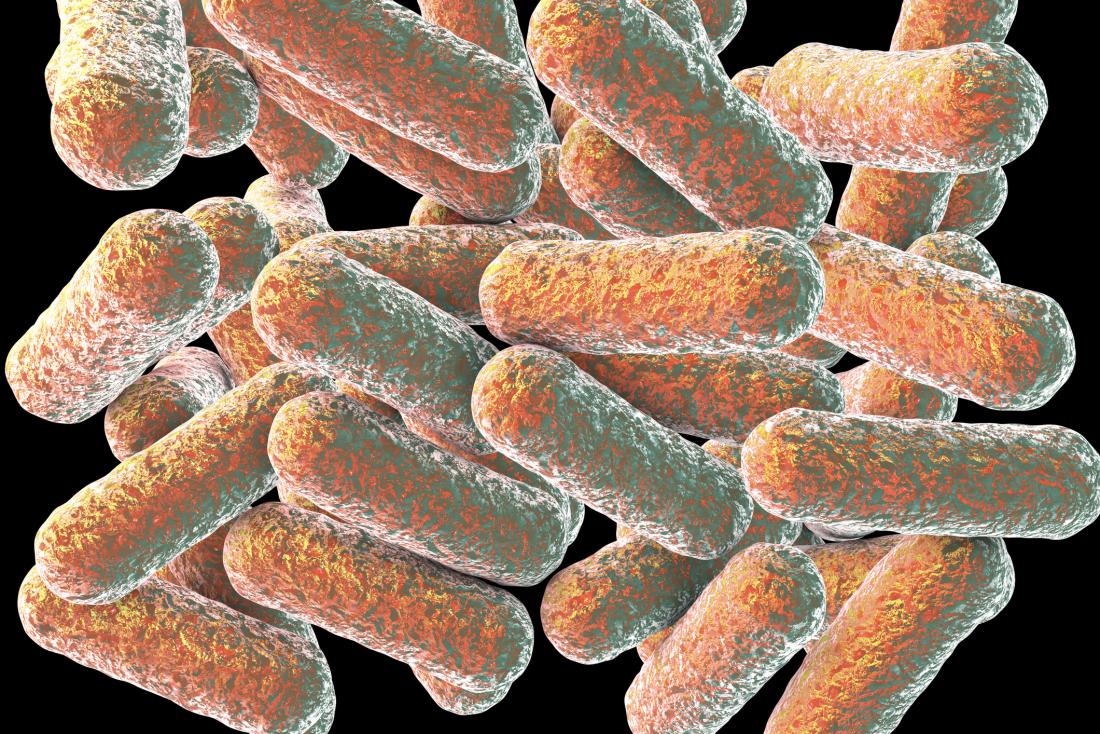According to a new study, ageing causes significant changes in the microbiome of the human small intestine, and these changes are distinct from those caused by medications or illnesses. To investigate the gut microbiome and its impact on health, researchers primarily used faecal samples. Dr. Ruchi Mathur, the study’s principal investigator, cautioned that faecal samples alone do not represent the entire gut.

The findings of the study, which was conducted at Cedars-Sinai Medical Center in the United States, were published in the journal Cell Reports. “We hope to identify unique components of the microbial community to target for therapeutics and interventions that could promote healthy ageing by teasing out the microbial changes that occur in the small bowel with age, medication use, and diseases,” Dr Mathur was quoted as saying.The Medically Associated Science and Technology (MAST) Program at Cedars-Sinai investigated the microbiome and its relationship to ageing. They looked at faeces from the small intestine, which is about 20 feet long and has the absorptive surface area of a tennis court.
According to Dr. Mathur, the participants whose faecal samples were tested ranged in age from 18 to 80 years. She stated that through this first-of-its-kind study, they discovered that, like medications and diseases, ageing influences changes in the microbial composition of the small intestine. Several studies have suggested that changes in microbial composition can have an impact on a person’s health and even lead to critical illnesses such as gastroenterological diseases, diabetes, and obesity.
____
Bacteria | Don’t forget to follow us on Twitter @njtimesofficial. To get the latest updates









